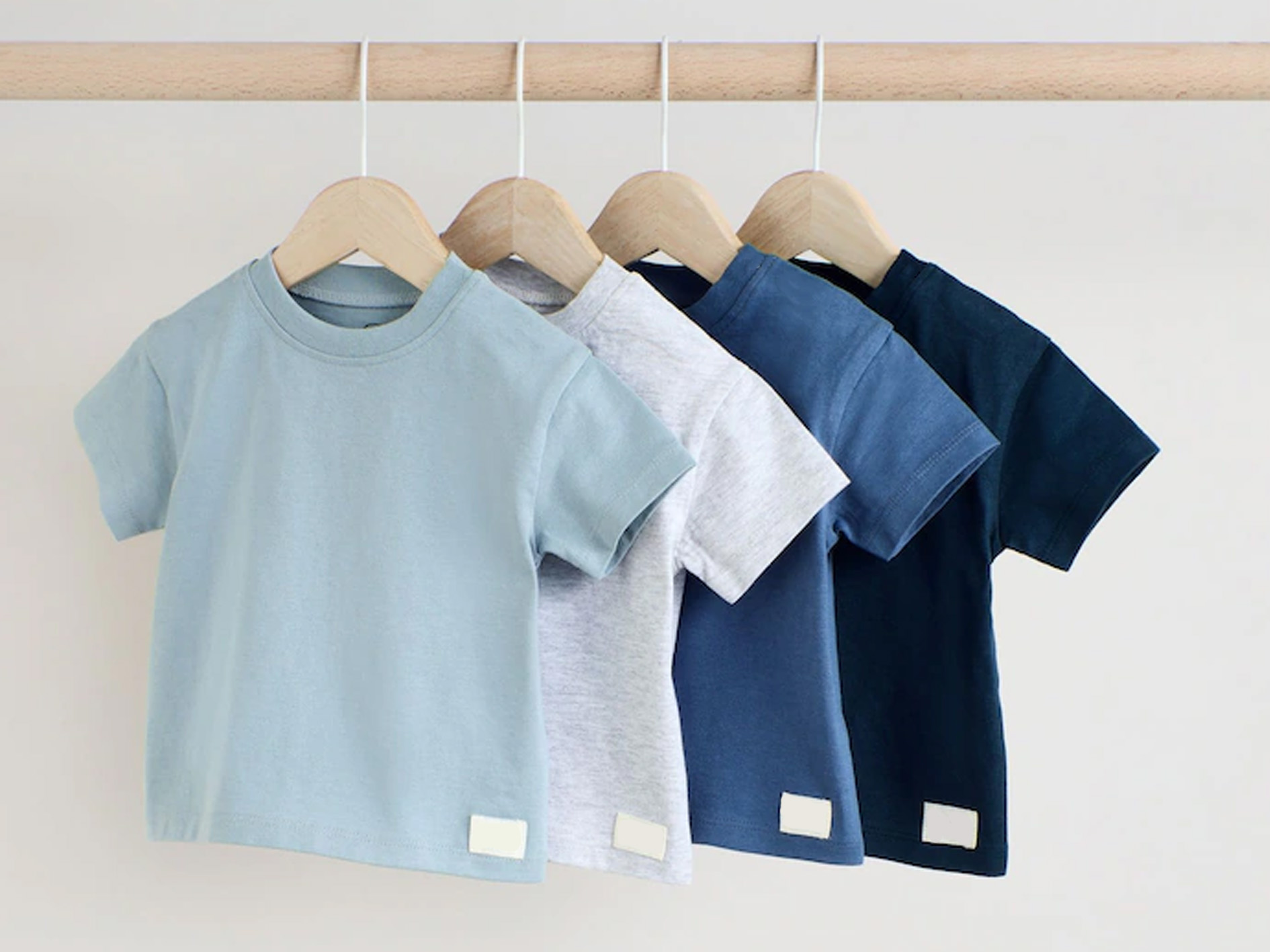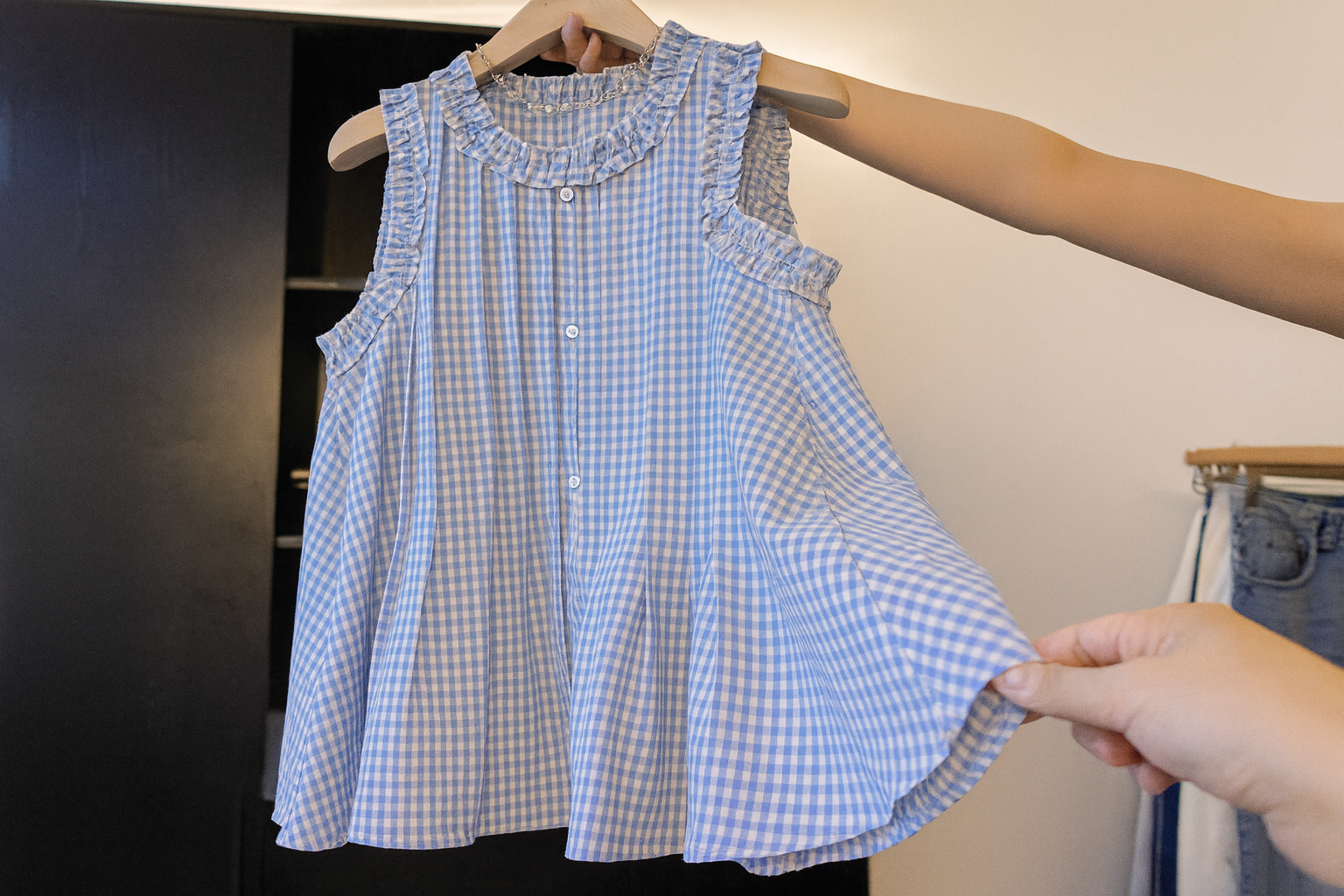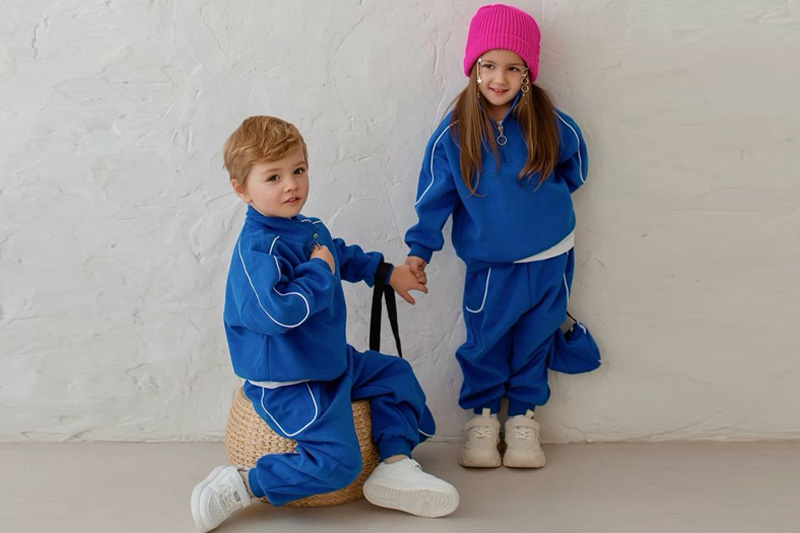Designer brands are stepping up their game by choosing high-quality, eco-friendly materials for their t-shirts. This shift towards organic fabrics is a nod to both style and sustainability. Let’s explore the fabrics that are making waves in the designer world.
Designer brands are increasingly choosing organic fabrics like cotton and bamboo for their t-shirts. These materials offer both luxury and eco-friendliness, aligning with the modern demand for sustainable fashion.
The fabric choice for a designer t-shirt speaks volumes about the brand’s values. But how do these fabrics align with high-end fashion?
The Rise of Sustainable Fashion: Why Designer Brands Are Turning to Organic Materials
Sustainable fashion isn’t just a trend—it’s a movement. Designer brands are increasingly choosing organic materials to meet the growing demand for eco-conscious products.
Sustainable fashion is gaining traction as designers embrace organic materials, responding to both consumer demand and environmental responsibility.
Dive Deeper: Embracing Sustainability in Fashion
In recent years, more and more designer brands have been switching to organic fabrics. This shift isn’t just about following trends; it’s a conscious choice to reduce the environmental impact of fashion production. Brands are realizing that the impact of textile production on the planet can’t be ignored.
Organic cotton and bamboo are at the forefront of this change. These materials are grown without harmful chemicals, reducing water usage and supporting biodiversity. As a result, designers who prioritize these fabrics are not only producing luxury items but also making a statement about their commitment to sustainability.
Sustainability doesn’t mean compromising on style. Organic fabrics are versatile, durable, and luxurious—perfect for crafting high-end t-shirts. With increased consumer awareness about climate change, brands that embrace sustainability can attract environmentally conscious buyers while maintaining their premium image.
Designer brands are also using sustainable materials to promote transparency. Consumers today care about where their clothes come from and how they’re made. By choosing organic fabrics, designers can tell a story of ethical sourcing, which resonates deeply with buyers who want to support eco-friendly companies.
Organic Cotton vs. Bamboo: Which Fabric Is Best for Eco-Friendly T-Shirts?
When it comes to organic fabrics, cotton and bamboo are two popular choices for designer t-shirts. But which one is truly the best?
Organic cotton and bamboo are both excellent choices for eco-friendly t-shirts, but each has its own unique qualities.

Dive Deeper: The Pros and Cons of Organic Cotton and Bamboo
Let’s start with organic cotton—it’s soft, breathable, and versatile, making it perfect for a variety of t-shirt styles. Grown without pesticides, organic cotton is a more sustainable option than conventional cotton. It’s gentle on the skin, durable, and provides that luxurious feel many designers seek.
On the other hand, bamboo is gaining popularity for its unique texture and sustainability. Bamboo fabric is incredibly soft, naturally anti-bacterial, and breathable. It’s also eco-friendly, as bamboo requires minimal water and pesticides to grow. While bamboo t-shirts may be less common in designer collections, they’re rising in demand due to their luxurious feel and sustainable nature.
When choosing between the two, consider the style and message of your collection:
- Organic Cotton: Ideal for classic, timeless designs.
- Bamboo: Perfect for premium, soft-feel, eco-luxe pieces.
Both fabrics are eco-friendly, but bamboo has a slight edge in terms of its minimal environmental footprint. However, it’s essential to consider factors like texture, durability, and price when choosing between the two for your designer t-shirt collection.
| Fabric Type | Pros | Cons |
|---|---|---|
| Organic Cotton | Soft, breathable, versatile | May shrink more, can wrinkle easily |
| Bamboo | Extremely soft, eco-friendly | Slightly higher price, may require more care |
How Organic Fabrics Align with Modern Designer Brand Values
Today’s designer brands are not just about aesthetics—they are about creating pieces that align with social and environmental values.
Organic fabrics support the values of modern designer brands, which prioritize quality, sustainability, and social responsibility.
Dive Deeper: Building a Brand with Integrity
Designer brands are focusing on creating products that stand for something meaningful, and the use of organic fabrics plays a major role in this. Consumers now care about more than just the design; they want to know that the brand they’re supporting aligns with their values.
By using organic materials, designer brands show that they’re committed to the environment, worker welfare, and ethical practices. This commitment helps brands build trust with their customers, creating a loyal following. Moreover, organic fabrics often lead to better quality products, which is always a priority for designers who want to maintain a high standard.
For a modern designer brand, aligning with sustainability isn’t just about using eco-friendly materials—it’s about building a brand that reflects a deeper commitment to the planet. Whether it’s reducing carbon footprints or supporting local farmers, today’s consumers are drawn to brands that stand for something bigger than just fashion.
The Comfort and Durability of Organic T-Shirts: A Designer’s Perspective
One of the key factors designers consider when choosing materials for t-shirts is comfort and durability. Organic fabrics like cotton and bamboo check both of these boxes.
Organic t-shirts are not only eco-friendly but also offer the softness, comfort, and durability that designers seek in premium clothing.
Dive Deeper: Crafting Comfortable and Long-Lasting Organic T-Shirts
When designing a t-shirt, comfort is a top priority. Organic cotton and bamboo fabrics are both naturally soft, making them comfortable for long wear. These fabrics breathe well, allowing for air circulation and moisture wicking, which means that organic t-shirts are perfect for both casual wear and active lifestyles.
Durability is another important consideration. Organic cotton is known for its long-lasting nature, which means your t-shirts can withstand frequent washing without losing their shape or softness. Bamboo, while slightly more delicate, is still a strong fabric that holds up well over time, offering a premium feel that lasts.
A designer’s perspective often involves balancing quality and practicality. Organic fabrics allow for this balance by offering high-quality, comfortable materials that last, all while maintaining the eco-conscious ethos that modern customers value.
How to Incorporate Organic Fabrics Into Your Designer T-Shirt Collection
Integrating organic fabrics into your collection isn’t just about choosing the right material—it’s about thoughtfully designing pieces that reflect both sustainability and style.
Incorporating organic fabrics into your t-shirt collection is a strategic choice that enhances your brand’s story and appeal.
Dive Deeper: Practical Tips for Using Organic Fabrics in Design
If you’re ready to incorporate organic fabrics like cotton and bamboo into your collection, here are some practical tips:
- Start with the basics: Create timeless pieces that will appeal to a wide audience.
- Focus on quality: The key to luxury is maintaining the feel and durability of organic fabrics.
- Offer versatility: Design t-shirts that can be dressed up or down, making them functional for different occasions.
- Transparency is key: Don’t just use organic fabrics—tell your customers why you chose them. Share your sustainability story.
Designer t-shirts made from organic fabrics can cater to the growing consumer demand for luxury with a purpose. By using these materials thoughtfully, you’ll not only elevate your collection but also position your brand as a leader in sustainable fashion.
Conclusion
Designer brands are choosing organic fabrics like cotton and bamboo to align with modern values of sustainability, comfort, and luxury. By incorporating these materials into your t-shirt collection, you can offer customers high-quality, eco-friendly fashion that stands the test of time.



